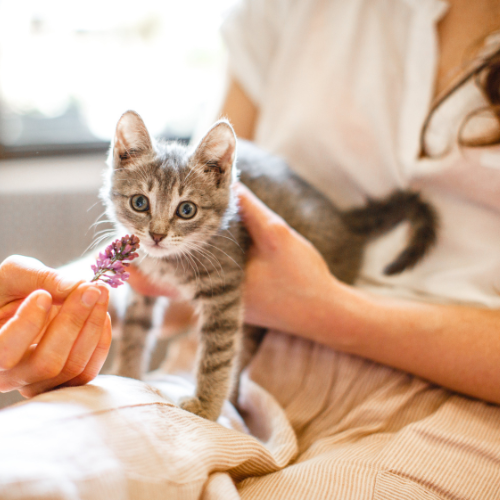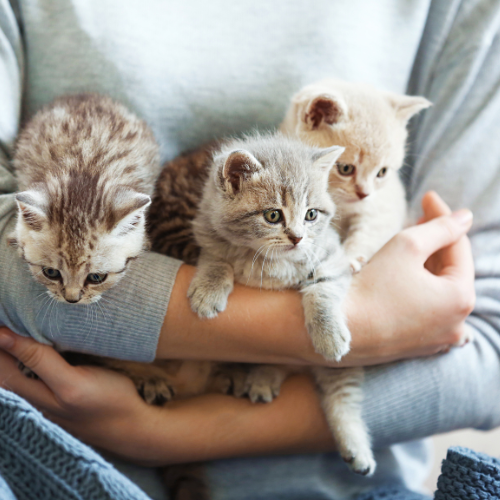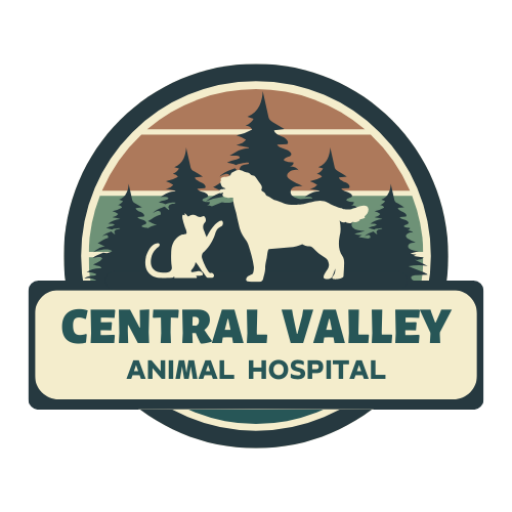Kitten care
The first wellness exam is crucial in establishing the health of your kitten, so it is important to bring your kitten in for an exam as soon as possible.
Kitten Care
Premature kittens may suffer more from medical issues, as their immune systems are not fully mature and may be more susceptible to certain health issues. Kittens who have not had adequate medical care prior to adoption may have pre-existing conditions that need to be addressed. At Central Valley Animal Hospital, our kitten exam will ensure that your new companion will be on their way to growing up healthy and strong.
YOUR KITTEN’S FIRST VISIT
Please bring your kitten in a closed carrier along with all veterinary records or other paperwork you have pertaining to your kitten’s care. Also, please bring a fresh stool sample (ideally less than 12 hours old).
During your kitten’s first visit with us, we will perform a comprehensive examination and check for internal and external parasites. Kittens need a series of vaccinations during their first year of life to protect them from many dangerous (but preventable) diseases, and we will develop a vaccination plan specifically for your kitten. We will also discuss any questions you may have concerning care for your kitten, including diet and nutrition, behavioral issues, integrating the new kitten into your home, and litter training.

Your kitten’s first exam includes
- A comprehensive physical exam
- Screening for viruses specific to felines, such as Feline Leukemia Virus and Feline Immunodeficiency Virus
- Intestinal parasite (worms) screening and deworming if necessary
- External parasite (fleas/ticks) screening and parasite protection
- Vaccines based on your kitten’s current age and expected lifestyle
- Heartworm prevention recommendations
- Behavior and housetraining recommendations
- Nutritional counseling

VACCINES AND YOUR KITTEN
Personalized vaccination protocols for kittens are essential for maximizing protection against preventable diseases. By tailoring vaccines to factors like age, lifestyle, and environment, our veterinarians can minimize unnecessary vaccinations while providing comprehensive protection. Common vaccines target diseases such as feline panleukopenia, herpesvirus, calicivirus, leukemia, and rabies.
Vaccination typically begins at 6-8 weeks of age, with boosters administered as needed. Alongside vaccinations, preventive measures like regular vet check-ups and parasite control are crucial for overall health. Owners should adhere to the recommended vaccination schedule to ensure their kitten’s long-term well-being.
SIGNS THAT YOUR KITTEN NEEDS IMMEDIATE MEDICAL ATTENTION
Please also be alert to the following symptoms, as they are signs that your kitten needs immediate care:
- Any respiratory problems, such as coughing or trouble breathing
- Any signs of pain (panting or open-mouthed breathing, labored breathing, increased body temperature, lethargy, restlessness or loss of appetite)
-
- Persistent vomiting or diarrhea
- Any wound or laceration that’s open and bleeding or any animal bite
- Allergic reactions, such as swelling around the face or hives anywhere on the body
- Any eye injury, no matter how mild
- Seizure, fainting, or collapse
- Thermal stress, either too cold or too hot, even if the cat seems to have recovered.
- Trauma received from any incident, even if the kitten does not appear to have been physically harmed
- Any suspected poisoning, including ingestion of antifreeze, rodent or snail bait, or human medication
Please contact us immediately if your kitten is experiencing any of these symptoms.


